
Captiva 40 Tablet
Manufacturer
Ridhima Biocare
Salt Composition
Pantoprazole (40mg)
Key Information
Short Description
Captiva 40 Tablet is a medicine that reduces the amount of acid produced in your stomach. It is used for treating acid-related diseases of the stomach and intestine such as heartburn, acid reflux, peptic ulcer disease, and Zollinger-Ellison syndrome.
Dosage Form
Tablet
Introduction
Captiva 40 Tablet is a proton pump inhibitor (PPI) that works by reducing the amount of acid in the stomach which in turn relieves acid-related indigestion and heartburn. It is also used to prevent stomach ulcers and acidity that may be seen with the prolonged use of painkillers. This medicine should be taken one hour before a meal, preferably in the morning. The dose will depend on your underlying condition and how you respond to the medicine.
Directions for Use
Take this medicine in the dose and duration as advised by your doctor. Swallow it as a whole. Do not chew, crush or break it. Captiva 40 Tablet is to be taken empty stomach.
Safety Information
Side Effects
Nausea Vomiting Headache Dizziness Flatulence Diarrhea Stomach pain
Alcohol Warning
It is unsafe to consume alcohol with Captiva 40 Tablet.
Breastfeeding Warning
Captiva 40 Tablet is probably safe to use during breastfeeding. Limited human data suggests that the drug does not represent any significant risk to the baby.
Pregnancy Warning
Captiva 40 Tablet may be unsafe to use during pregnancy. Although there are limited studies in humans, animal studies have shown harmful effects on the developing baby. Your doctor will weigh the benefits and any potential risks before prescribing it to you.
Interacting Medicines
Atazanavir Cilostazol Indinavir Nelfinavir
How it works
Captiva 40 Tablet is a proton pump inhibitor (PPI) that works by reducing the amount of acid in the stomach which in turn relieves acid-related indigestion and heartburn.
Quick Tips
Avoid excessive intake of carbonated beverages/soft drinks Avoid citrus juices Avoid fried food Avoid caffeinated beverages like tea and coffee Avoid alcohol and smoking Avoid eating late at night or before bedtime Inform your doctor if you get watery diarrhea, fever or stomach pain that does not go away Inform your doctor if you do not feel better after taking it for 14 days Long-term use of Captiva 40 Tablet can cause weak bones and a deficiency of minerals such as magnesium
Related Medicines
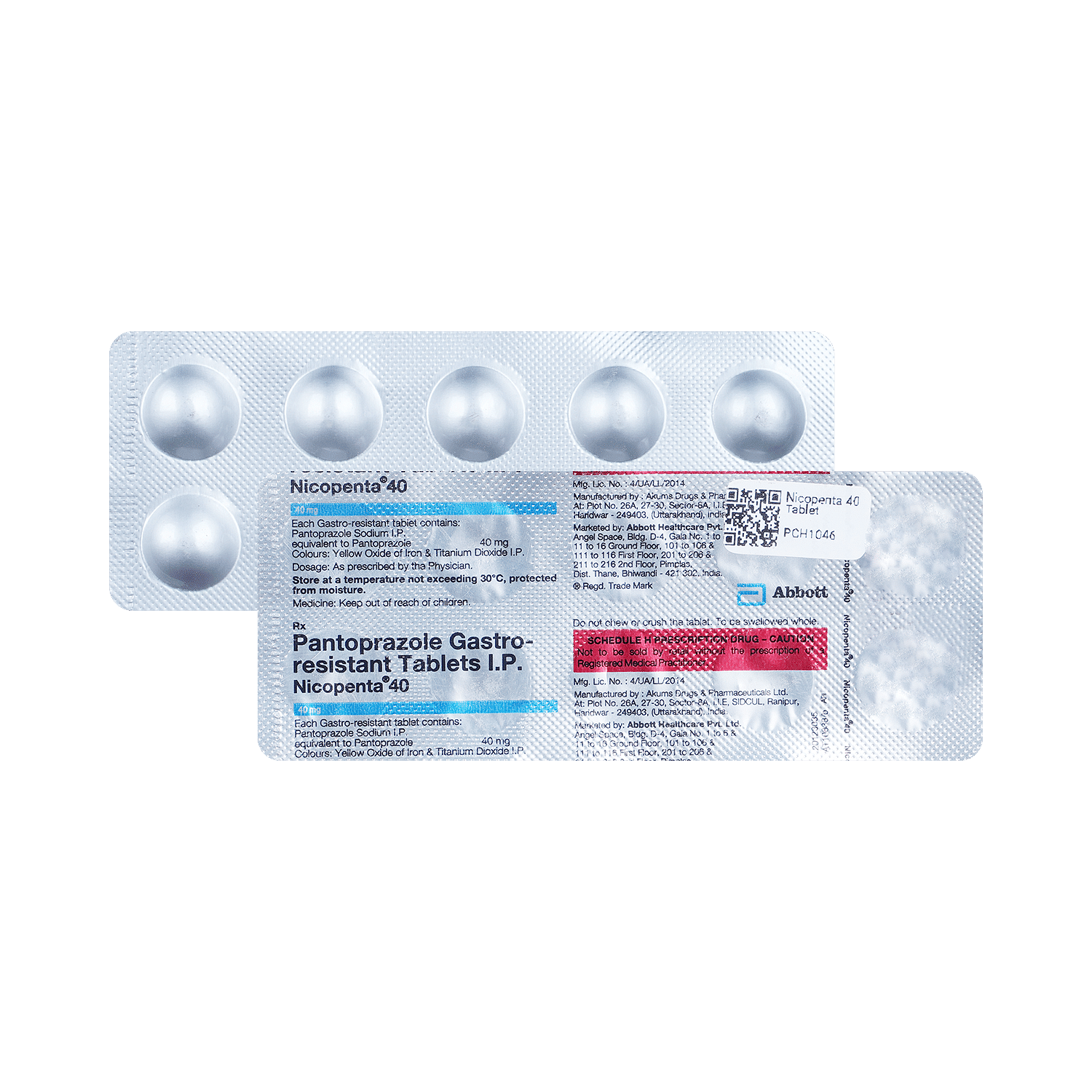
Nicopenta 40 Tablet
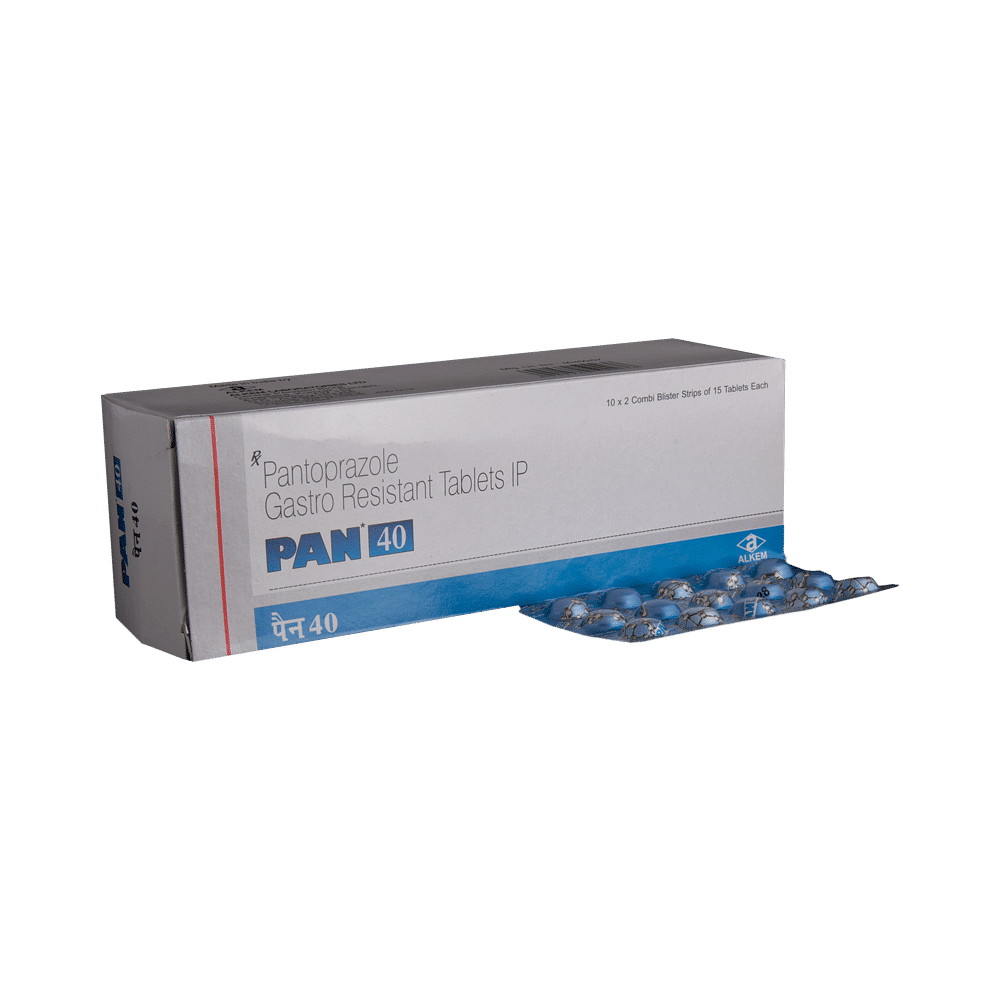
Pan 40 Tablet
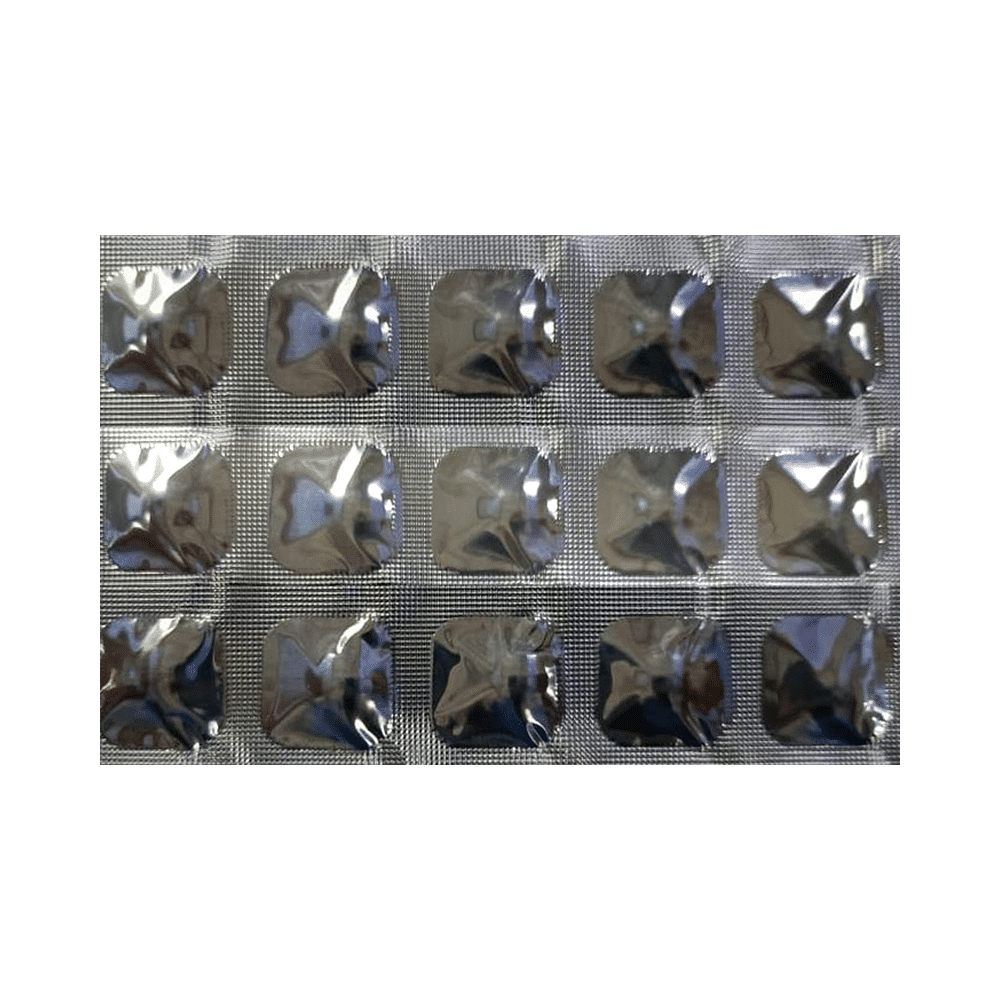
Zipant 40 Tablet
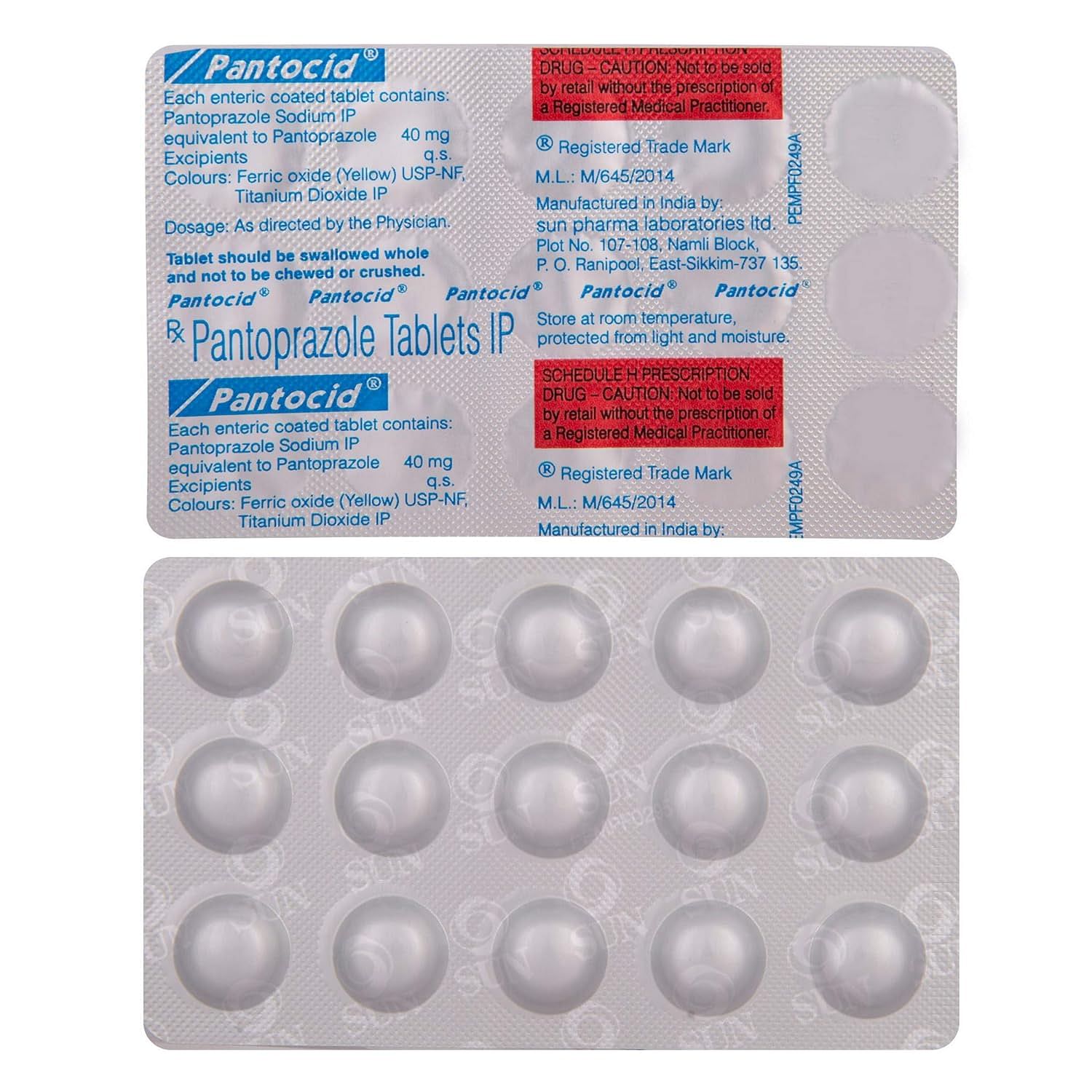
Pantocid 40 Tablet
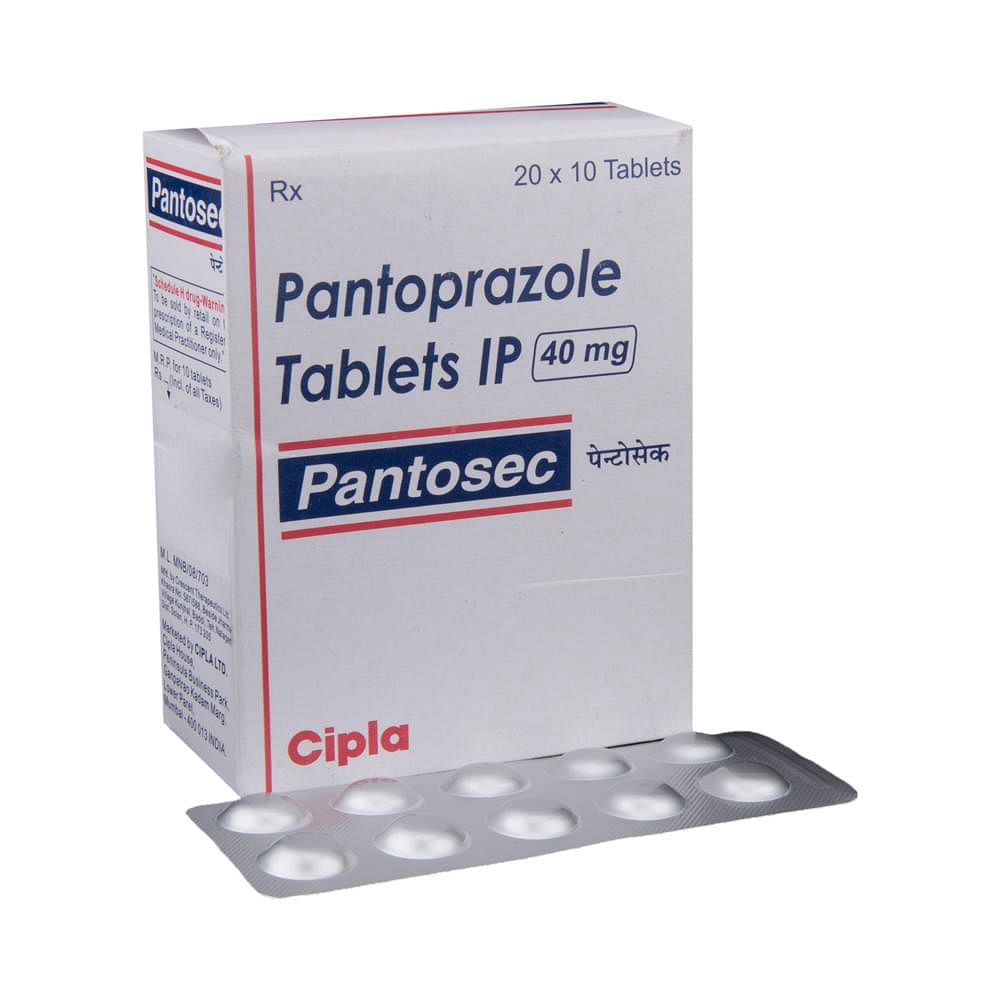
Pentosec Tablet

Pantosec Tablet
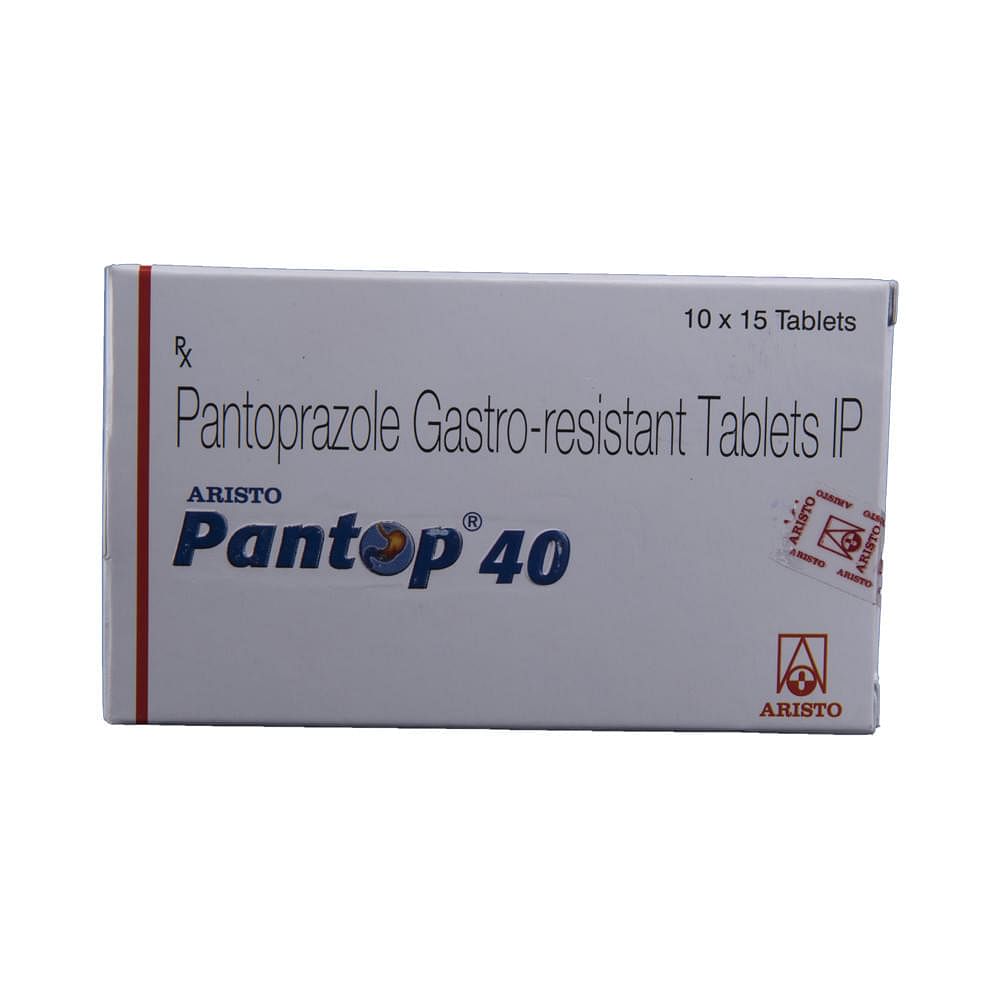
Pantop 40 Tablet
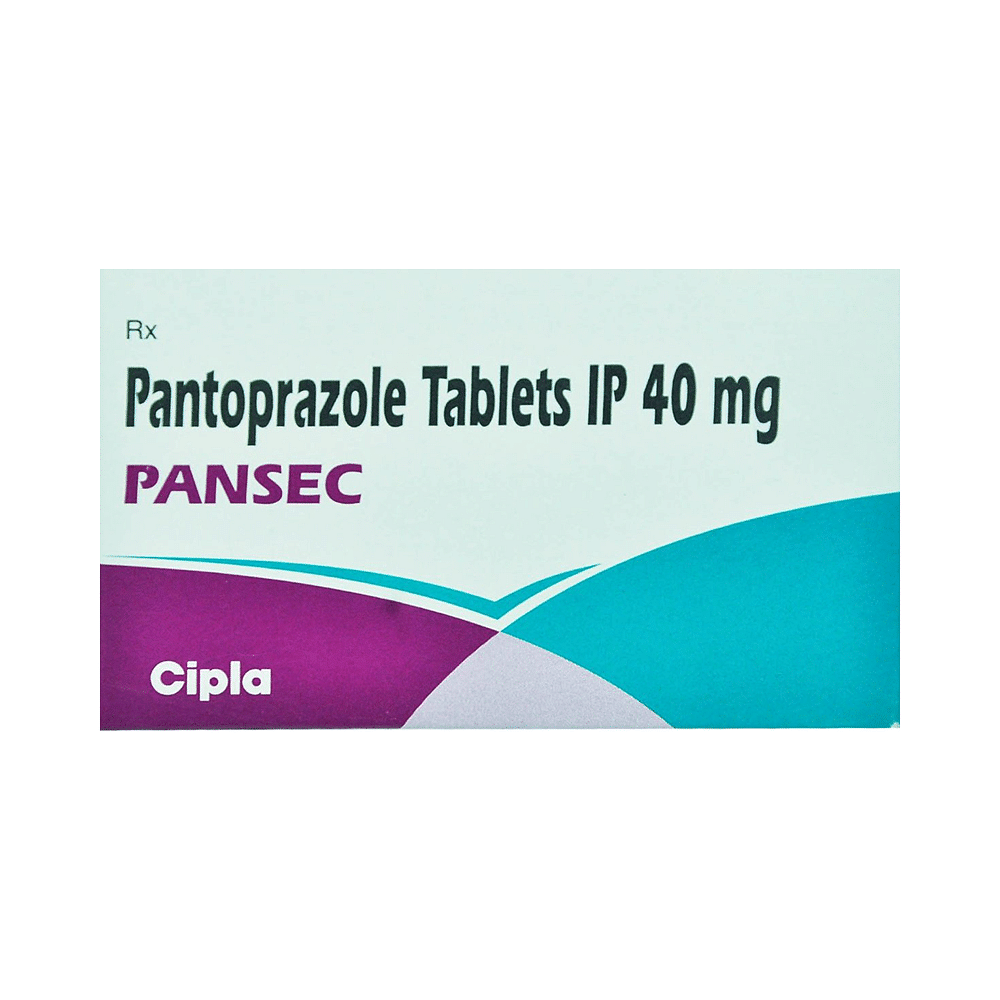
Pansec Tablet

Apkocid 40 mg Tablet
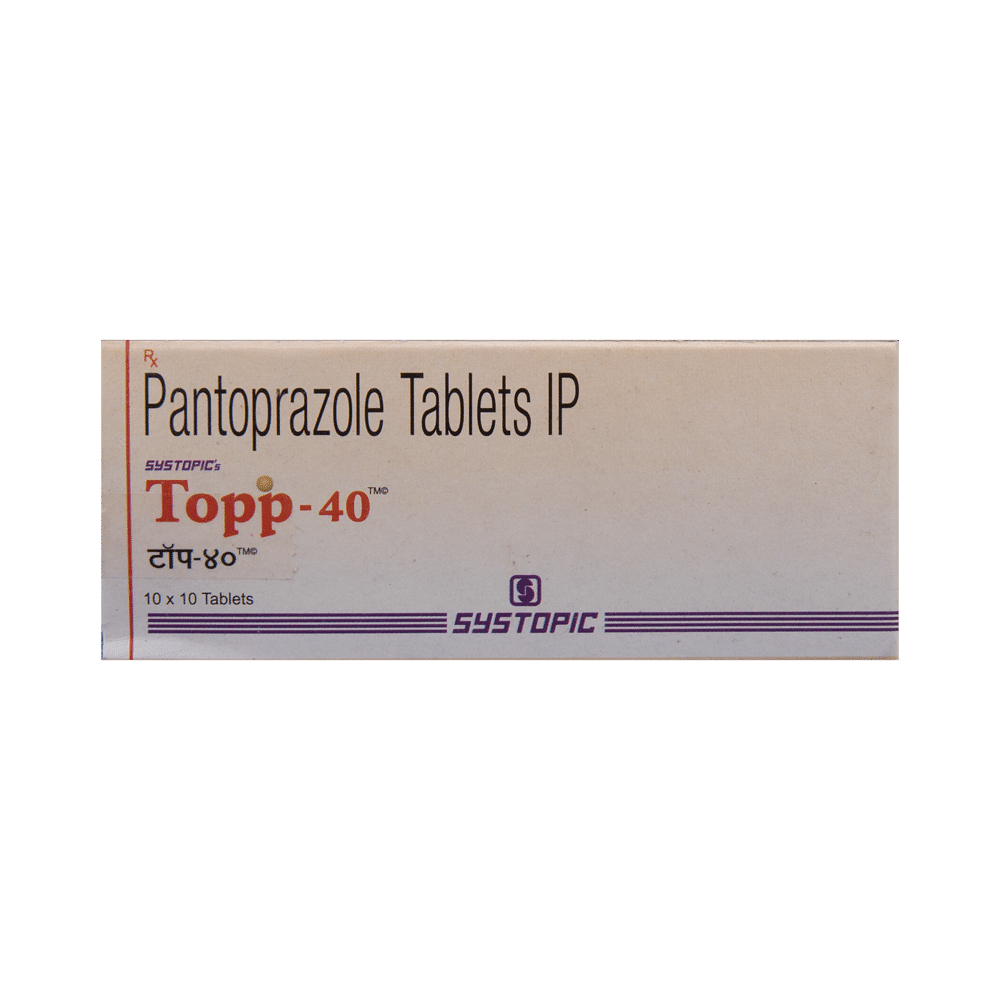
Topp-40 Tablet
Frequently asked questions
What is Captiva 40 Tablet used for?
Captiva 40 Tablet is used to treat peptic ulcer disease, reflux esophagitis (also known as heartburn), or gastroesophageal reflux disease (GERD). It works by reducing the amount of acid produced in your stomach.
How long does it take for Captiva 40 Tablet to work?
You may start feeling relief within 2 to 3 days. However, it can take up to 4 weeks for Captiva 40 Tablet to provide full and lasting symptom improvement.
Is a single dose of Captiva 40 Tablet sufficient?
No, you will likely need a few doses of Captiva 40 Tablet to get relief. However, if needed, it is prescribed for short-term use as needed (up to 2 weeks) for heartburn, indigestion, or acid reflux.
Is Captiva 40 Tablet safe?
Captiva 40 Tablet is generally considered safe for most people. Most people experience no side effects while taking it. It's important to take it as directed by your doctor.
Can I take Captiva 40 Tablet long term?
Captiva 40 Tablet is usually prescribed for a short-term duration, but may be used long-term in specific cases such as peptic ulcer disease or Zollinger-Ellison syndrome (ZES). Long-term use should be discussed with your doctor to minimize potential risks.
What are the long term side effects of Captiva 40 Tablet?
Prolonged use of Captiva 40 Tablet (over 3 months) can lead to various side effects. These include low magnesium levels in the blood which may lead to fatigue, dizziness, blurred vision, or muscle twitches. Further long-term usage might increase your risk for bone fractures, stomach infections, and vitamin B12 deficiency.
What is the best time to take Captiva 40 Tablet?
Captiva 40 Tablet is usually taken once a day in the morning. You can also take it twice a day, with one dose in the morning and one in the evening.
Can I stop taking Captiva 40 Tablet if I feel better?
If you've been taking Captiva 40 Tablet for an extended period, stopping abruptly could worsen your symptoms. It is essential to discuss any changes in dosage or discontinuing the medication with your doctor.
Does Captiva 40 Tablet cause weight gain?
While rare, long-term use of Captiva 40 Tablet might lead to weight gain. This could be due to reduced appetite and increased food intake, as it relieves the symptoms of acid reflux.
Can I take alcohol with Captiva 40 Tablet?
No, alcohol should not be consumed while taking Captiva 40 Tablet. Alcohol can lead to increased acidity production and worsen symptoms.
Can I take antacids along with Captiva 40 Tablet?
Yes, you can take antacids alongside Captiva 40 Tablet. It's best to do this 2 hours before or after taking your Captiva 40 Tablet.
What dietary changes should I make to get relief from acidity?
To enhance the effectiveness of Captiva 40 Tablet, try minimizing spicy and fatty foods. Also, avoid caffeinated drinks such as tea, coffee and cola, as they can worsen your symptoms.
Are painkillers safe to take along with Captiva 40 Tablet?
Yes, it's generally safe to take painkillers alongside Captiva 40 Tablet. However, always ensure you follow the recommended dosage and timing for both medications.


